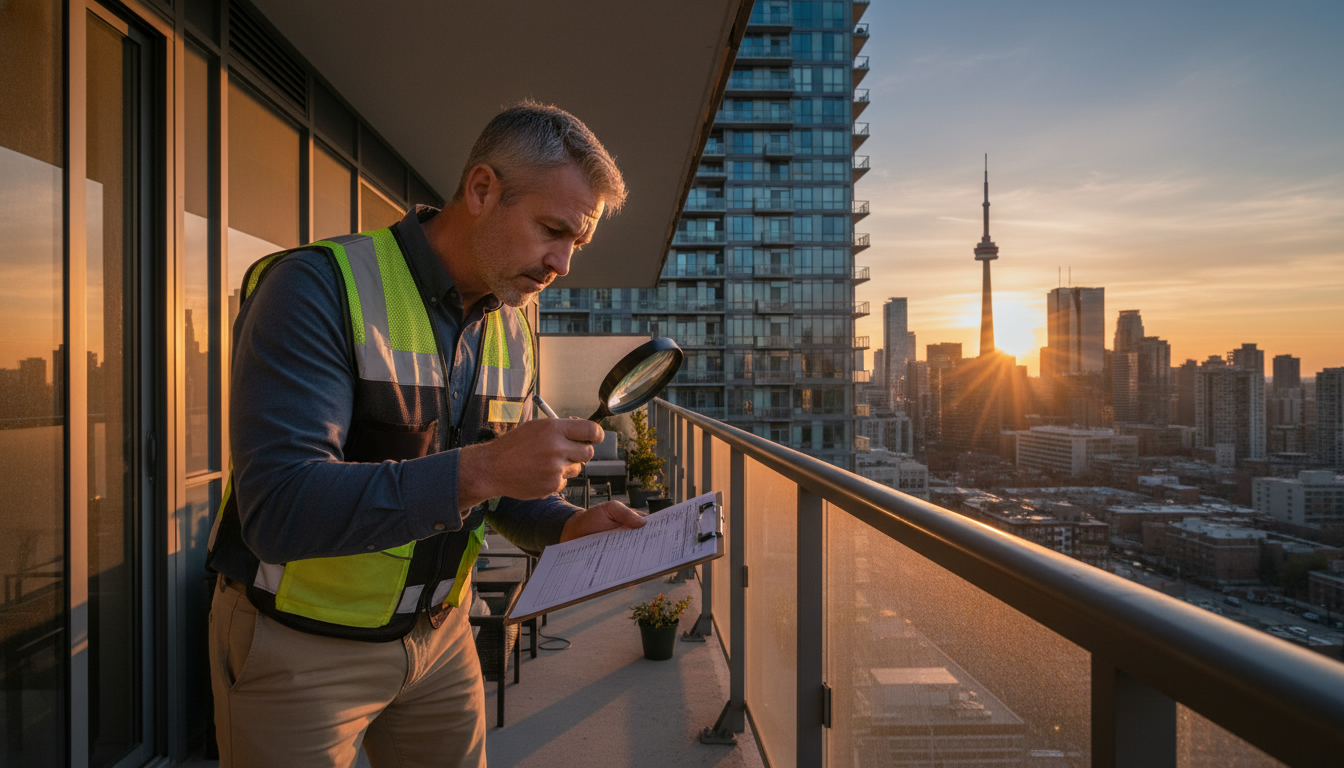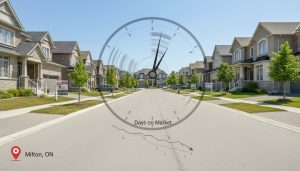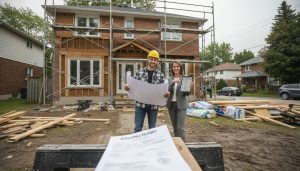What inspections are required for condos?
Don’t sign on a condo without these inspections — the exact checklist every buyer needs now.
Quick answer
You need a thorough unit home inspection plus targeted specialty checks for condos. In Ontario, request the status certificate and review the reserve fund study and condo minutes. Many inspections are recommended rather than legally required — but skipping them costs money and peace of mind.
Why condo inspections differ from houses
Condos share systems and common elements. Problems in the building affect every unit. A condo inspection must evaluate the unit and the building’s health: structure, envelope, mechanicals, finances and governance. Use a condo-savvy inspector and your realtor to identify risk early.

Essential condominium inspection checklist
- Unit home inspection (structural, plumbing, electrical, HVAC, appliances)
- Status certificate (Ontario) and condominium documents review
- Reserve fund study and meeting minutes review (funding for major repairs)
- Building envelope and roof inspection (water intrusion, windows, cladding)
- Balcony and terrace inspection (safety and waterproofing)
- Fire safety and code compliance review (sprinklers, exits, alarm systems)
- Elevator and mechanical systems records (maintenance history)
- Pest and mold inspection when there are signs or history
- New-build pre-delivery inspection (warranty items, incomplete work)
Recommended specialty inspections
- Thermal imaging (hidden moisture, insulation gaps)
- Sewer scope (backups and line condition)
- Asbestos/lead testing for older buildings
- Structural engineer review for visible significant defects
Documents you must check
- Status certificate (key in Ontario listings)
- Condominium corporation insurance policy summary
- Budget, reserve fund statement and recent financial statements
- Minutes from recent board meetings and special assessment notices
- Major work/renovation lists and contractor warranties
Who does what
- Licensed home/condo inspector: unit condition and visible building issues
- Specialist trades: sewer scope companies, engineers, asbestos labs
- Realtor: orders documents, flags red flags, negotiates repairs
- Lawyer: reviews status certificate, contract clauses, and legal risks

Practical buying playbook
- Order status certificate and financial docs immediately after offer acceptance. 2. Book a condo-experienced home inspector within your due diligence window. 3. Schedule specialty inspections if the inspector flags concerns or if the building is older. 4. Use inspection results to negotiate price, repair holdbacks, or exit clauses.
Final word
Inspections are your leverage. A small inspection fee can save tens of thousands in surprise repairs or assessments. Skip generic checks and hire pros who know condos.
If you want a fast, local assessment and a copy of the exact condo inspection checklist I use, contact Tony Sousa: tony@sousasells.ca | 416-477-2620 | https://www.sousasells.ca. I handle document review and connect you to condo-focused inspectors and engineers.





















